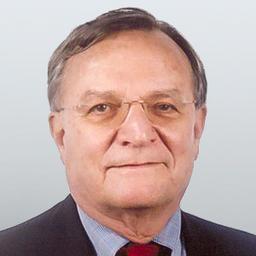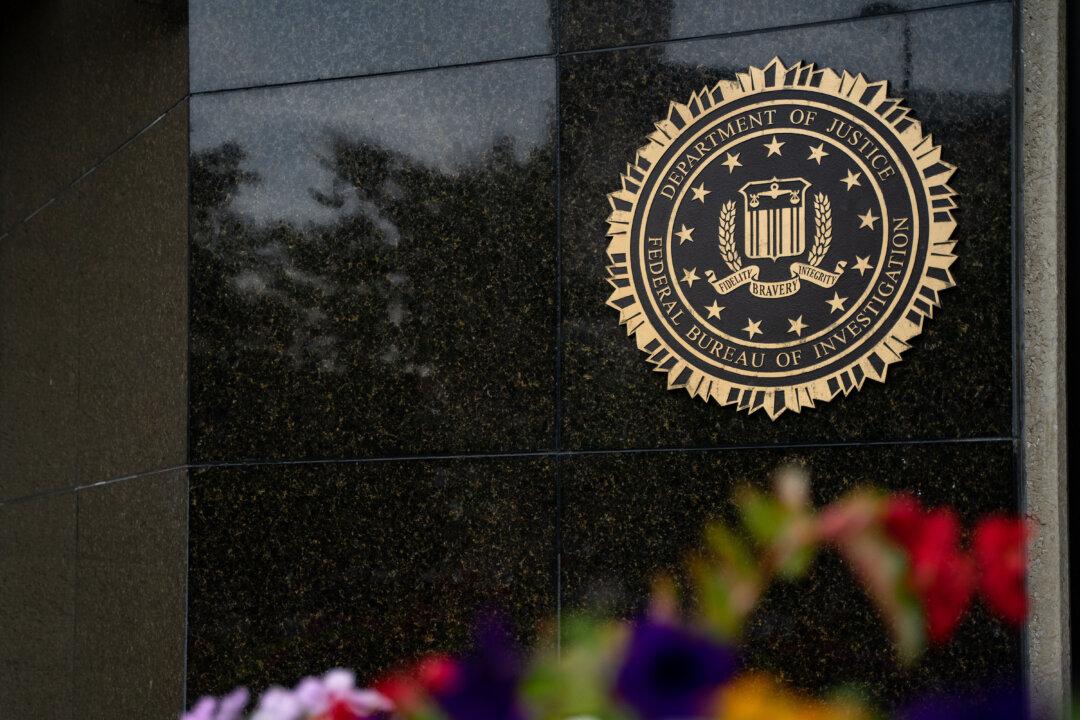Commentary
President Joe Biden’s U.N. speech on Sept. 22 showed yet again that he has spent so long in the trenches of partisan political conflict that even as the president of the United States, speaking to the world ostensibly on behalf of his country, he can’t help seeing everything beyond our borders (such as they still are), as well as everything within them, in terms of domestic politics.





